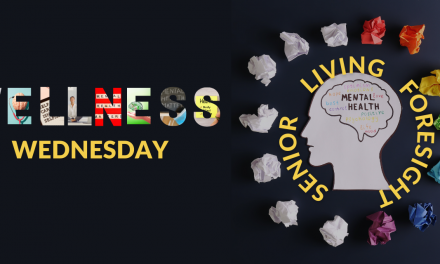By Norene Cashen
In my work as a licensed therapist, there’s one thing that inspires me most. And that’s watching people learn and grow from their most difficult experiences. We call it “post-traumatic growth.” And there are good reasons why it’s such a big topic in the world of psychology and self-help. It packs a lot of powerful benefits.
What’s the Pay-off?
There are plenty of benefits from post-traumatic growth. Here’s a short list of my top six.
- Discovering strengths: I didn’t think I could do that, but I did it!
- Strengthening relationships: That person was there for me when I needed them most.
- Reinforcing values: That experience reminded me of how much integrity means to me.
- Shifting priorities: Now I know I can make time to care for myself and still bring value at work.
- Increasing gratitude: I appreciate what I have so much more than I did before.
- Creating meaning: When I look back, I can see that there was a lesson I needed to learn from a challenging situation.
Businesses Can Be Hit by Traumas Too
There’s no reason why we can’t apply these principles to businesses and organizations. Look at all the adversity they face. Staffing shortages. Budget cuts. Scrambling to adapt to economic change. Even your top performers are experiencing burnout.
But how and when do we get to the growth part?
That’s simple. We take the time to reflect.
What Happened? What Was the Impact? What’s Next?
It can be a game-changer to sit down with your team to process what happened, what impact it had, and how you can learn and grow from each challenge. In fact, it’s not all that different from the SWOT analysis we all learned about in college business classes. In the SWOT model, we reflect by using a quadrant where we list: strengths, weaknesses, opportunities, and threats.
In the post-traumatic growth model, it’s a bit different. One way to tackle it is to use the topics from my top six list and flip those points into key questions.
- What strengths did we discover that we never knew we had?
- How did our team members and leaders support each other?
- What values drove our decisions and actions?
- How did our priorities shift?
- What are we most grateful for?
- What meaning will we give this experience?
The real power of post-traumatic growth lies in the stories we tell ourselves about the things that occur in our lives and work. The way we shape those narratives can have a profound impact on our organizational culture and our success.
What stories will you tell about your organization’s biggest challenges?







